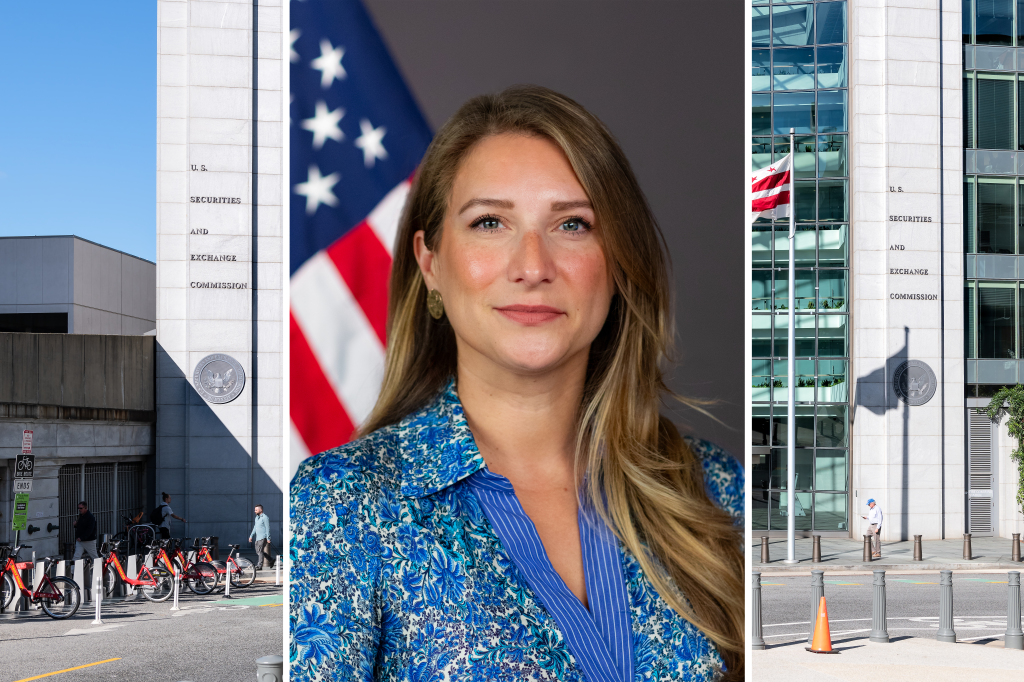What appeared to be an outrageously good deal from MoviePass offering $9.95 “unlimited access” to the movies turned out to be a “money-losing gimmick” to artificially boost the company’s share price.
Theodore Farnsworth, the former CEO of Helios & Matheson, which owned notorious theater subscription provider MoviePass from 2017 to 2019, pleaded guilty to securities fraud over claims he made that the model could break even or make a profit – claims he knew to be untrue from the start. The Justice Department accused him of lying to investors.
He now faces up to 20 years in prison.
Box office bomb
Under Farnsworth’s direction, data analytics company Helios & Matheson acquired MoviePass in 2017, fired its co-founder Stacy Spikes, and installed J Mitchell Lowe as CEO.
The new owners promised to take MoviePass in a new, lucrative direction. In 2018, the company offered a surprising deal: for only $9.95 a month, a subscriber could see up to one movie each day at participating theaters.
At the time, that was just a little more than the average price of a single ticket.
The company told investors it could break even on its subscription model and sell user data for a profit, partially by utilizing AI-enabled technology.
Farnsworth and Lowe claimed that they had studies to back up the sustainability of their pricing model, which involved the company paying theaters the full price of each admission.
Running on empty
But it turned out that the model was grossly miscalculated: for it to work effectively, it would require a large percentage of users to simply not use the service at all.
More than three million MoviePass customers flocked the theaters, but the company’s fate suffered a reversal when they continued to take full advantage of the unlimited offer.
Helios + Matheson’s net losses increased from $7.4m to $256m in 2018. To try to stem the bleeding, MoviePass throttled high use accounts and locked others out, leading to a FTC lawsuit in 2021.
MoviePass ultimately collapsed in 2019, and was sold back to Spikes in 2021.
The DoJ stated that Farnsworth knew all along that the pricing model was irrational. It also claimed that Farnsworth’s claims about AI-powered customer data digestion amounted to AI-washing, stating that the company never possessed the means of doing so.
Instead, it said Farnsworth’s plan was always to lure in as many customers as possible in early phases of investment to inflate MoviePass’s stock price.
Farnsworth personally pocketed millions in ill-gotten proceeds from the scheme.
Farnsworth pleaded guilty to the charges. “Mr Farnsworth was anxious to accept responsibility for his conduct,” Farnsworth’s lawyer Sam Rabin said in a statement to the New York Times. “The most important step in doing that was to plead guilty to the crimes with which he was charged. He did that today.”

















